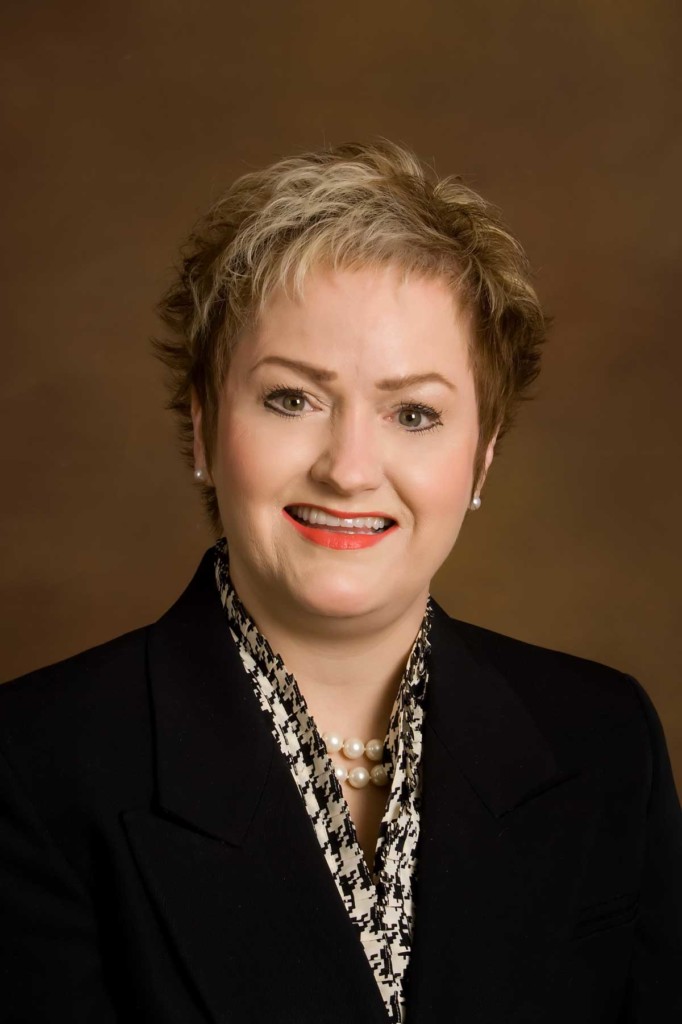Math Game Transforms Classrooms in 3 Critical Ways

By Dr. Jeanice SwiftRecently, Colorado Springs School District 11 was honored to receive the Rising Star Award from MIND Research Institute for our implementation of Spatial Temporal Math (ST Math or “JiJi Math”). Our experience of leveraging JiJi Math across 36 elementary schools for our 13,000 students has proven to be a valuable opportunity for systems learning, and our partnership with MIND is a story of improvement by the numbers.
Realities
District 11 is a semi-urban setting in the historic heart of the city where 50 percent of our students are from homes impacted by poverty. Almost half of those students come from “fragile” homes, those who live at the very lowest rungs of the socio-economic ladder.
Over the previous decade, we have experienced dramatically shifting demographics, including increasing numbers of second language learners and a recent influx of immigrant and refugee populations. Like many school districts across the country, our math performance outcomes have been disappointing.
Despite the hard work of dedicated teachers and leaders, we have labored without breakthrough in K-5 math achievement. So when we came to know ST Math, we were ready to try a new tool to support transformation in math achievement.
Leveraging a Tool for Transformation
ST Math became a transformation tool for using three critical ways:
ALL Learners – Unlike other program supplements ST Math is a tool that stretches and grows all students, wherever they are in their achievement – gifted learners, students impacted by poverty and second language issues, students with learning disabilities, as well as those students who just simply “don’t yet get math.” With JiJi Math there is no need to sort and classify students; JiJi proves to be a ‘rising tide that lifts all boats’. Evidence of this is an increase in the number of students achieving advanced performance while there is a decrease in the numbers of students performing at the unsatisfactory level.
From Intervention to Prevention – If a student falls behind in math development, catching up is a steep and slippery slope where gaps often compound. As students fall behind in developing skills, math concepts become more challenging, and accessing grade level math becomes more difficult.
With JiJi, we discovered a tool to treat math problems before they emerge; developing visual-spatial reasoning and deep understanding for all our students now forms a preemptive strike against math under-performance .
Beyond the Classroom, Beyond the School Day – JiJi Math offers the added advantage of extending quality learning time beyond the walls of the classroom and beyond the hours of the school day. In an environment of diminished resources, a math learning opportunity that extends time on task is an impressive advantage. With JiJi, we discovered a tool to maximize learning, 24/7, for our students.
The Numbers Tell the Story
Between 2011 and 2012, District 11 realized almost triple the number of schools performing at high growth, high performance – from 6 to 16. Meanwhile, the District halved the number of schools performing in the range of low growth, low performance, from 16 to 7.
While the numbers reveal a compelling story, even more important is the story of fulfilling our moral imperative. Along with our partners at MIND, we are on the critical missionthat ALL means ALL in realizing high math achievement. We look ahead to a day where the achievement of students is not directly related to their zip code, their gender, the color of their skin, or the position of their parents. We see a day when ALL truly means ALL.
With the problems we face in our world, and in order to make progress, we will need all our students performing at high academic levels. We will need future generations of capable, math-literate citizens who will retool our economy and reclaim the promise that our very best days lie ahead of us.
After all, our kids are counting on us.
Dr. Jeanice Swift, and experienced educator, has served as classroom teacher, teacher coach, assistant principal, principal, and district administrator.
She received formal education at the University of Texas, University of Colorado, and University of Denver, and has happily explored the dynamics of teaching and learning alongside students and staff at elementary and secondary levels.
Her passions include organizational learning, systems improvement, leadership and change which she pursues daily in her work as Assistant Superintendent, Instruction, Curriculum, and Student Services in Colorado Springs School District 11.






0 Comments
Leave a Comment
Your email address will not be published. All fields are required.